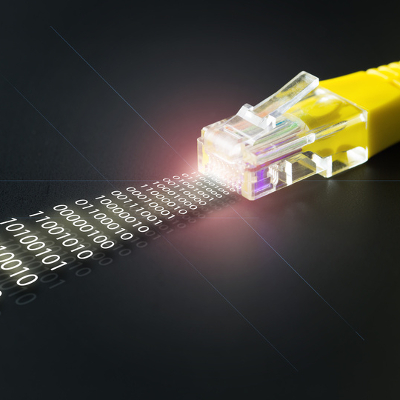You need a new cable for one of your devices or IT peripherals. You’re in the electronics store and there are all sorts of cables to choose from, at a range of prices. How do you decide which cable to buy? And what’s the difference between the cheaper cables and the more expensive ones? Are premium cables worth the extra expense?
There’s a case that some vendors make, which is that you should always use the best quality premium cables, for everything. In fact this isn’t always true. There are misunderstandings about cable quality because of how quality assessment worked back in the days when analogue was the norm. Back then, picture quality depended on how thick the copper wiring in the cable was, so premium cables really could make a difference.
It’s different with digital signals. Signal strength diminishes with the length of the cable, but the thickness of the cord is no longer a big issue. Over the same distance, the same quality digital signal can be obtained with cheaper cables using HDMI, DVI, Thunderbolt and DisplayPort.

Connections Count More
Instead of the thickness (or gauge), what matters with digital signals is the quality of the connectors. Techquickie explains it like this: when you hook up a device, a ‘handshake’ process happens to assess the quality of the link. It’s a yes or no situation – either it’s good enough or it isn’t. A poor connector can mean that images won’t display but if it connects then quality isn’t an issue.
In other words, you might think you’re getting better results for your investment if you buy a premium cable, but it doesn’t necessarily mean the connection will be any better than with a cheap cable. What you really need to think about before you buy is what you intend to use the cable for.
Sometimes it’s worth spending more on premium cables, even though cheaper cables will still work. If a cable is going be put under stress, if it’s going to service multiple workstations or if it’s going to be moved around, then premium cables will be worth it. Regular unplugging and reconnecting causes wear and tear on a connector and the fit can become looser over time. If it’s vital that a device is securely connected, without breaks in connectivity, then tight-fitting premium cables may be less vulnerable to coming loose if they’re accidentally knocked.
Should you invest in premium cables? For the average PC and average user, the answer is that it probably isn’t necessary. Then again, sometimes it’s worth the extra expenditure. If you’re unsure about the cables you require, Quikteks can advise you. Give us a call at (973) 882-4644 and we’ll help you choose the most suitable cables and get the best value for your tech spend.

